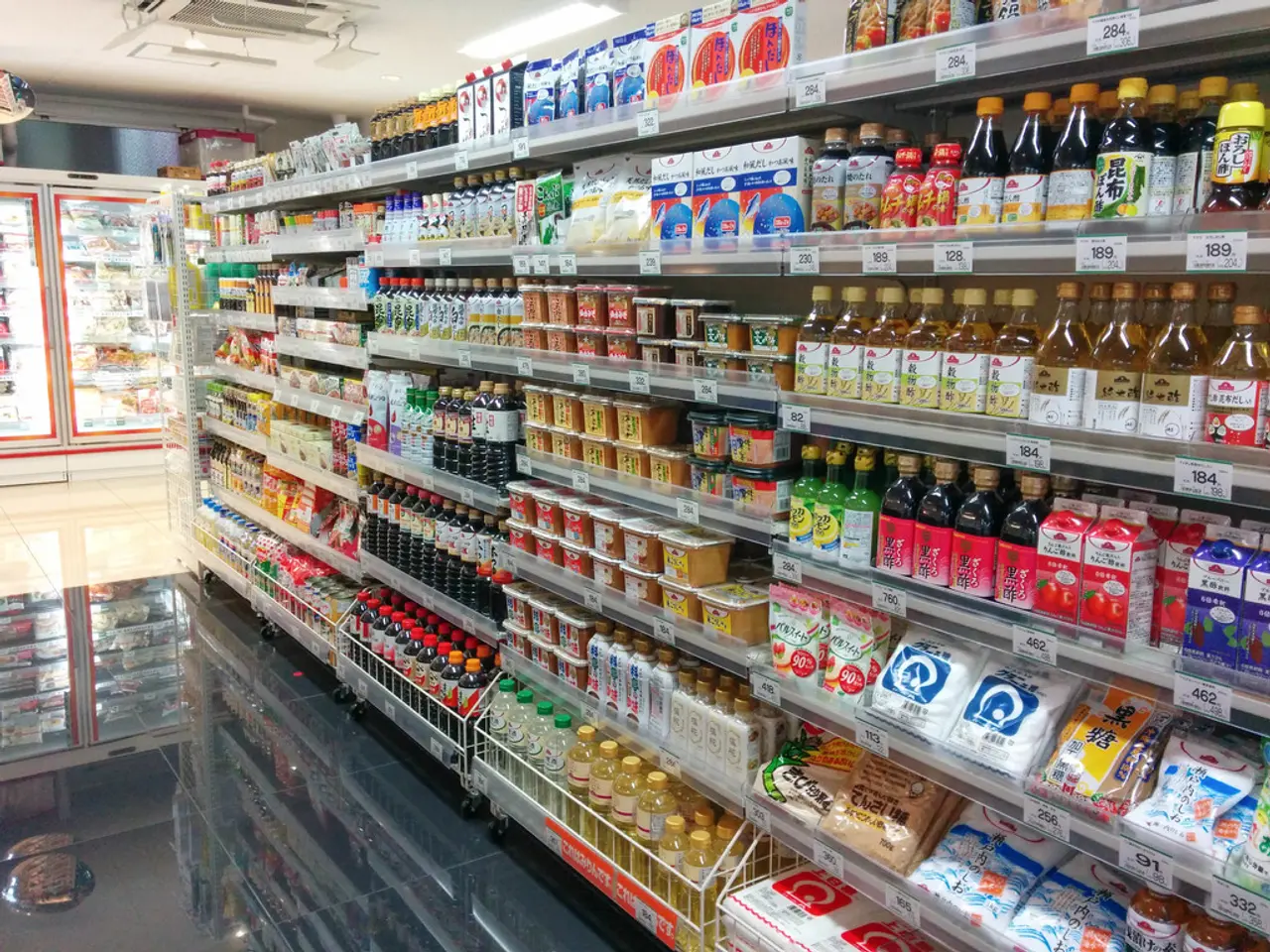Decline in U.S. Imports Due to Slowing Trade with Tariffs Imposed
Decline in U.S. Container Imports Due to Rising Tariffs
New reports indicate that rising tariffs on U.S. container imports are expected to cause a significant reduction in import cargo volume in 2025. According to analyst John McCown, the overall annual inbound volume in 2025 is likely to decline.
The decline in imports is primarily attributed to tariffs, which raise prices for importers, leading to higher consumer prices and constrained supply on store shelves. This contraction is especially noteworthy as historically, inbound volumes have outpaced U.S. GDP growth.
In June 2025, U.S. container imports fell 7.9% year-over-year, and this decline continues as outbound volumes also dropped 5% in the same month. This is the second straight monthly decline, following a 6.6% drop in May.
The situation is complicated by erratic tariff implementations that create confusion and distort trade flows. As a result, importers are faced with increased supply chain instability, with some abandoning cargo when tariffs exceed the value of their goods.
The current analysis indicates that container import volumes will decline by around 5.6% in 2025 compared to 2024. This decline has far-reaching economic impacts, including higher consumer prices, reduced business investment and hiring, slower economic growth, and greater difficulty for small businesses.
Inflation is another concern, as tariffs contribute directly by making imported goods more expensive, pushing prices up for consumers and adding inflationary pressure in the economy. The reduction in supply caused by fewer imports can exacerbate price increases, particularly in retail and consumer sectors.
Analysts and industry groups recommend that resolving these issues would require binding trade agreements that lower tariffs and open markets, rather than raising them.
In summary:
| Impact Area | Effect of Rising Tariffs | |-----------------------|----------------------------------------------------------| | Container Import Volumes | Decline by ~5.6% in 2025 relative to 2024 | | Consumer Prices | Increase, driven by higher import costs | | Business Investment | Decrease, due to higher costs and uncertainty | | Hiring | Lower, as businesses tighten budgets | | Economic Growth | Slower growth prospects due to reduced trade and investment| | Inflation | Higher inflation from cost-push effects | | Small Businesses | Struggle to remain viable under higher costs |
These findings are based on recent reports by the National Retail Federation, Hackett Associates, and market analyses conducted in August 2025. The report does not mention any new developments related to Maersk's tariffs on inland US imports or exports, nor does it provide any new insights about outbound container volumes or new predictions about the overall annual inbound volume in 2025. It also does not discuss any other factors contributing to the decline in inbound container volume apart from tariffs, as mentioned earlier. Furthermore, the report does not indicate a good place to be on this spectrum.
The decline in container import volumes is not limited to the U.S., as global trade stands to experience a shrinking due to the impact of rising tariffs on industry finance, with various economies facing increased consumer prices and slower growth. In response, the container shipping industry must adapt to meet the evolving needs of worldwide trade, seeking innovative strategies to maintain stable supply chain operations and sustain growth amidst escalating tariffs.




